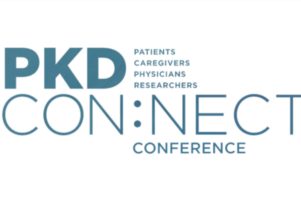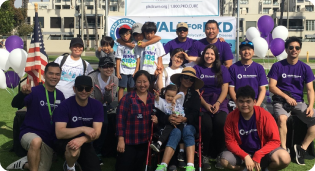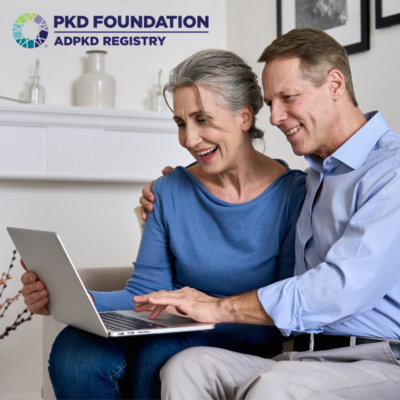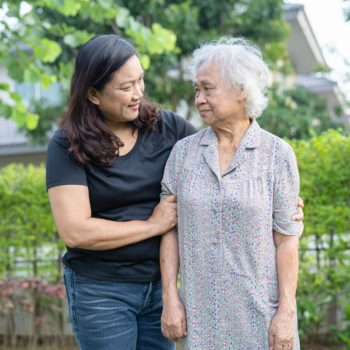Follow our progress on PKD research, treatments, clinical trials, and finding a cure.
Subscribe to PKD NewsBy clicking Join Our Network you’re confirming that you agree with our Terms & Conditions.
To access our assistance directly, please call our Hope Line.
(8 a.m. - 5 p.m. CT)
Caring for a loved one with PKD can be challenging and sometimes overwhelming. Feeling stressed and unsure about how to manage everything is normal. As a caregiver, you might experience high stress levels, which can affect both your emotions and physical well-being.
These symptoms can show up as:
- Trouble sleeping
- Feeling drained or constantly tired
- Getting sick more easily
- Having trouble focusing
- Experiencing headaches, backaches, muscle aches, or stomachaches
These symptoms are common and there are ways to manage them. Remember, taking care of yourself is just as important as caring for your loved one. Here are some tips to help you stay healthy, both physically and emotionally:
- Be Aware of Burnout: Keep an eye out for signs of stress like tight shoulders, back pain, or headaches.
- Set Boundaries: Practice setting limits to reduce the stress you can control.
- Stay Healthy: Eat well, stay active, and try getting enough sleep. It’s easy to forget these basics when you’re busy caring for someone else.
- Set Manageable Goals: Plan your time wisely and don’t let it become overwhelming.
- Build a Support System: Having a close friend or support network can make a big difference in managing stress and avoiding burnout.
You’re already doing an amazing job. By adding these steps, you’ll keep yourself feeling strong and healthy as you manage life as a caregiver.
PKD will not beat me
A caregiver’s perspective
Valen’s husband, Noah, offers insight into what it’s like to be a caregiver to a PKD patient.

The PKD Centers of Excellence program is based on the belief that the best way to provide PKD-centered care is through patient-focused, comprehensive care coordinated and support by an integrated care team.

The ADPKD Registry is patient-powered and patient-centered. Patients answer questions about their health and PKD’s impact on their life to help create an essential resource for researchers to develop better outcomes that reflect patient perspectives.

- 2025
- ADPKD
- Caregivers
- Complications
- Education
- Living with PKD
- Newly Diagnosed
- Polycystic Liver Disease
- Symptoms
- The Basics of PKD
- Webinar

- 2025
- ADPKD
- Caregivers
- Complications
- Diagnosis
- Education
- genetic testing
- genetics
- Living with PKD
- Newly Diagnosed
- The Basics of PKD
- Webinar

- 2023
- ADPKD
- Caregivers
- CHF
- Children
- Congenital Hepatic Fibrosis
- PKD Parents
- PKDCON
- Webinar
- Wellness
- Young Children

- 2023
- ADPKD
- ARPKD
- Caregivers
- Children
- PKD
- PKD Parents
- PKDCON
- Webinar
- Wellness
- Young Children

- 2022
- ADPKD
- ARPKD
- Caregivers
- Complications
- Education
- Living with PKD
- Newly Diagnosed
- Research
- Symptoms
- The Basics of PKD
- Webinar

- ADPKD
- ARPKD
- Caregivers
- Education
- Family Life
- Kidney Failure
- Living with PKD
- Mental Health








